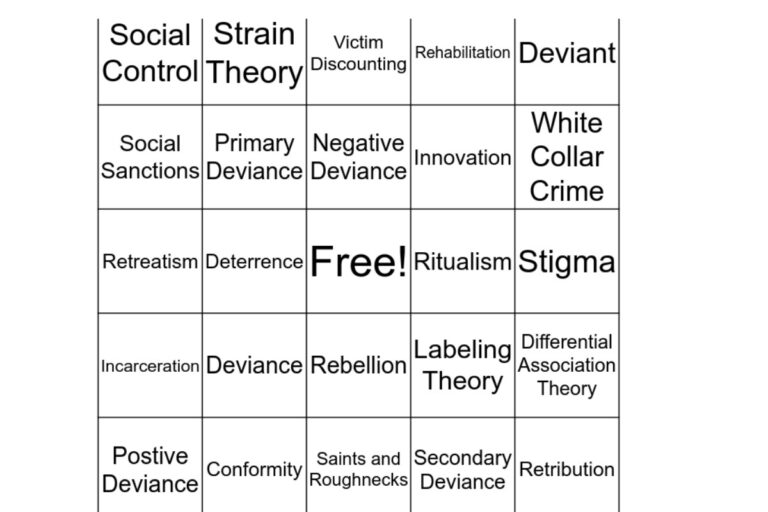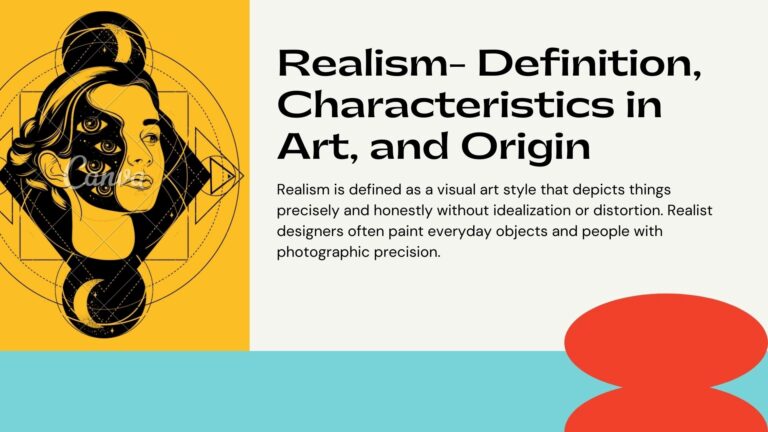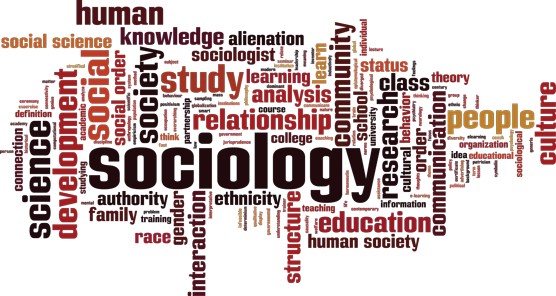Conflict Theorists you Should Know
Introduction
The term ‘conflict theory’ refers to the school of thought that emerged in the 1950s and 1960s. The key proponents were Marxists, who believed that the main driving force in society was conflict. Conflict theory contained two sub-theories, critical theory and rational choice theory.
Critical Theory
Critical theorists have been most influential in criminology. In their view, Marx had overemphasized the importance of the material conditions of society. They argued that institutions like the state, political and economic systems or culture are very important and perpetuate crime.
They also argued that ideologies, norms and social structure could maintain social inequality. From a critical theory perspective, society has to change these structures and the economic system as well as the economic distribution to reduce crime.
Rational Choice Theory
According to rational choice theorists, the most important element in society is the individual. Rational choice theory suggests that people make rational choices to commit crimes or not.
Rational choice theorists believe that people commit criminal acts for three reasons:
- To gain something
- To avoid punishment
- Because they are forced or coerced into it.
These theorists claim that crime is based on rational and logical decisions made by individuals. This means that the decision to commit a criminal act is the same as any other decision.
In this way, they claim that most crimes will stop if people are given the right incentives and disincentives. Deviance can be reduced if the individual makes a rational decision not to commit a criminal act.
Conflict Theorists
Wright Mills
Mills suggested that there are three main classes in any society. He believed there is an “upper class” (the elite), a middle class and a “lower class”. These classes are unequal in power.
He suggested that the upper and middle classes are very powerful as they control wealth and therefore have power over the lower class, who depend on them for employment. Mills suggested that there is a conflict between these classes.
According to Mills, the middle class has to compete for scarce resources with the upper class, resulting in conflict. Any competition between them, therefore, leads to power struggles. Mills believed that, like the lower class, there is a power struggle between the middle class and upper class when it comes to crime.
Ted Robert Gurr
Ted developed the conflict theory of relative deprivation, which is an external conflict theory. It argues that people are often motivated to commit a crime when they feel society has failed them and feel that they have not got their fair share of the benefits.
In the case of Gurr, he suggests that crime is likely to occur when people feel that an imbalance exists between what they have and what they believe others have. When they believe that this imbalance is unjust, crime may be used to redress the imbalance. They also use deviance to ensure that others do not receive any benefits they feel are underserved in the future.
It is also believed that an individual’s social class has an impact on their levels of crime. Those in the lower classes may commit crimes because they feel they don’t have any alternative way of improving their position in society. It is also suggested that people in the lower classes are more likely to turn to crime because they have fewer opportunities, and it is all that is available.
Researchers have found evidence for both cultural and class theories when it comes to explaining the relationship between law and deviance. It is hard to determine which theory is more valid as they are interrelated.
Levi-Strauss
Levi-Strauss suggested that there are two main types of societies. The two main types are the “simple” and the “complex”.
Simple societies
A simple society is a small tribe, which believes that the whole world can be controlled by magic and rituals. The people in this society believe they are connected to everything through spiritual relationships.
People believe they are related to things, people and animals. In a simple society, the whole world is run by rules. These rules are very strict, and people are punished if they do not comply.
Complex societies
These societies consist of larger and more complex communities that believe there are many different aspects to the world. These complexities make it difficult for people to control such a large number of factors. Therefore, people believe that life is made up of different parts, which laws can govern.
In a complex society, they believe that humans cannot control everything and therefore, a higher power exists.
The people in these societies are more likely to believe that no one can control the whole world, and therefore, there is no one to blame.
Durkheim
Durkheim suggested that suicide was evidence of social problems caused by the individual’s inability to fit into society. Durkheim tried to learn why some people committed suicide and others did not. He suggested that suicide was not done for a single reason, but instead several factors such as how society is organized at certain times.
This idea can then be applied to other types of crime. Durkheim believed that society had a lot more influence on people than many of us would have thought.
Merton
People do not commit crimes because of the way they were raised but instead whether or not they have been taught the rules of society and are expected to follow them. Merton suggested that good people conform from an early age. He suggests that they want to be treated as a respectable member of society.
Merton believes that people do good things for society because they want to achieve a high level of success and be rewarded for their good deeds. On the other hand, people who are not successful may feel as though they have been treated unfairly. They may believe that crime is the only way they will achieve something.
Merton suggested four ways in which people conform:
- Racialization: people who strive to do well in life may feel they need to succeed. Therefore they conform.
- Institutionalization: this occurs when their parents have taught a person to follow the rules of life.
- Intellectualization: people who follow the rules of society in this way do so because they believe it is important to follow them.
- Ritualism: many people live by certain rituals such as going to church or setting aside some time of the day to pray.
People who follow these rituals do so because they believe it is important to be a part of the community.
Merton’s idea of crime can then be applied to other types of culture.
Anderson
Anderson suggested that culture can be divided into two categories. A first category is a person who believes they have been treated unfairly and have no power over the situation. The second group of people might be described as those who are content with life. These may believe that they have everything they wanted hence their happiness.
A person who has been treated unfairly is more likely to commit a crime than someone who does not feel as though they have been treated unfairly. On the other hand, someone who feels content is unlikely to commit a crime because they can achieve their goals without breaking the law.
Vold
Vold suggested that conflict theory could be used in studying crime. He suggested that for any area to be successful, there must be a balance between the classes. If the social gap is too big, then conflict will occur.
Erikson
Erikson suggested that to prevent crime, society must do what it can to ensure that children do not feel as though they are being treated unfairly. Erikson suggested that individuals who feel like they are being treated unfairly will show others that they should be treated fairly.
Erikson suggested that there are three ways in which society can prevent crime:
- Make sure that those who have been treated unfairly are given a chance to make their voices heard.
- Change the rules for everyone so that no one feels as though they are being treated unfairly.
- Grant special privileges to people who feel they have been treated unfairly. It is unlikely that this will happen in most places.
Frazier
Frazier suggested that crime can be prevented because the amount of crime an area suffers directly relates to the conflict within that culture.
Frazier suggested that there are three types of culture or value systems that are present within society.
- There is the “subculture of poverty”. This value system consists of low educational achievement, a lack of participation in local politics, and poverty. This means that those who believe in this type of subculture are less likely to succeed.
- The “American” value system- Frazier described it as a typical middle-class American value system. Those who believe in this type of value system are more likely to have a successful life, and as a result, they will spend time helping other people.
- The “subculture of affluence”. This type of culture consists of people who have high levels of education and who are highly successful. Frazier said that because they have had everything handed to them, they do not know how hard other people have to work to achieve their goals.
These three types of culture exist worldwide, although the attitudes towards crime differ depending on which type of value system a community follows.
You can read more about the Conflict Theory in Criminology
Bottom Line
In society, crime is inevitable. Different theories explain why people commit crimes and which type of person is more likely to commit crimes. According to the conflict theory, people commit crimes because of inequality and discrimination in society.
Culture plays a big part in the conflicts that influence crime. It is important to look at what type of culture a community has to understand why that area suffers from more (or less) crime.


I‘m a freelance content and SEO writer with a passion for finding the perfect combination of words to capture attention and express a message. I create catchy, SEO-friendly content for websites, blogs, articles, and social media. My experience spans many industries, including health and wellness, technology, education, business, and lifestyle. My clients appreciate my ability to craft compelling stories that engage their target audience, but also help to improve their website’s search engine rankings. I’m also an avid learner and stay up to date on the latest SEO trends. I enjoy exploring new places and reading up on the latest marketing and SEO strategies in my free time.







